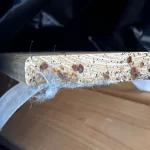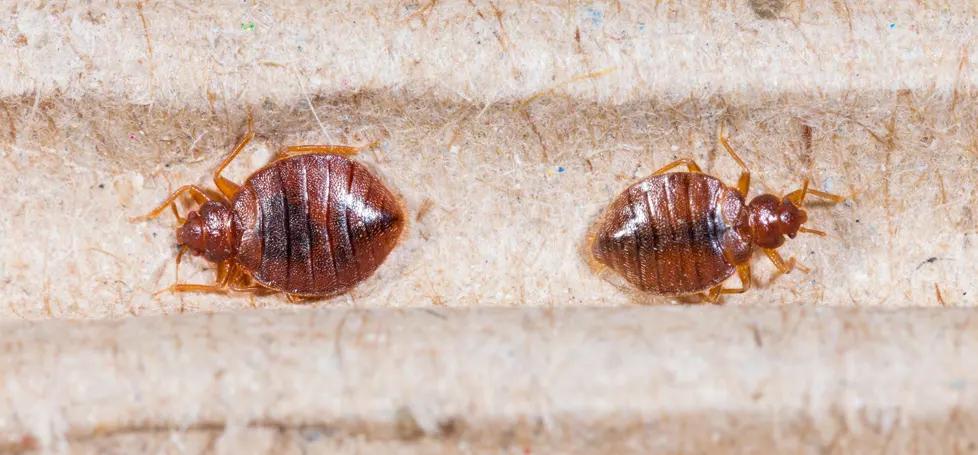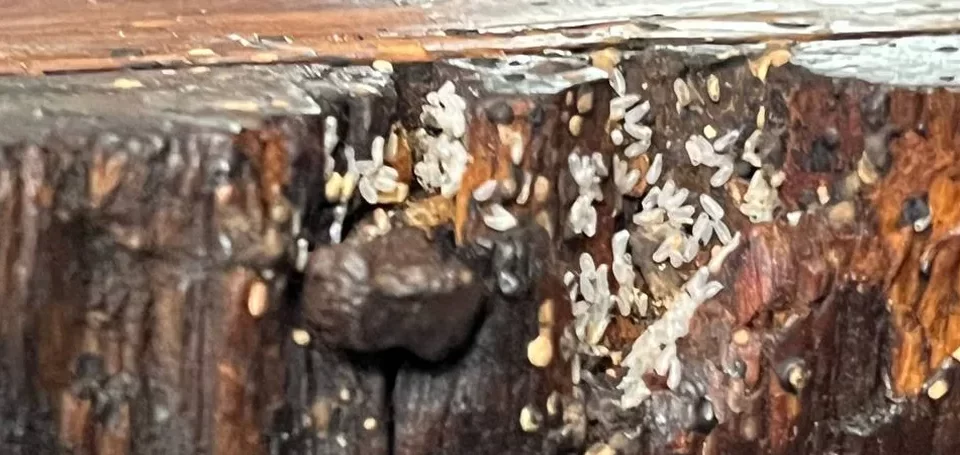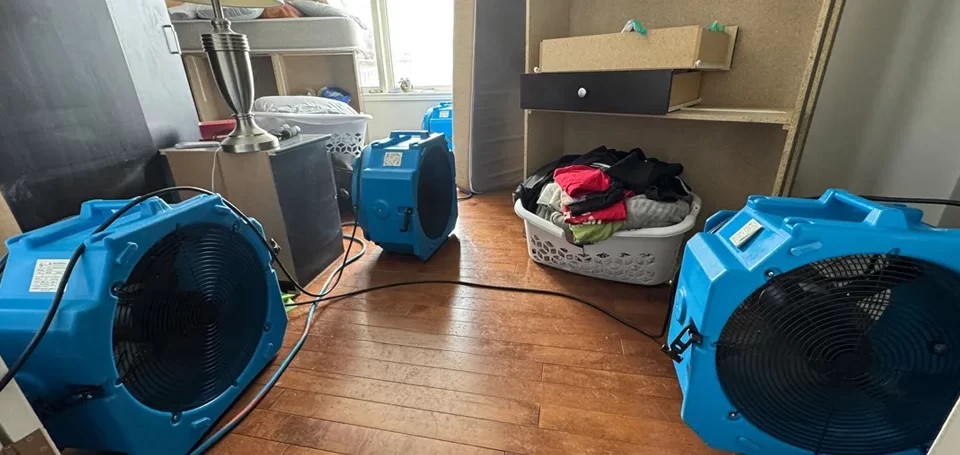
How to Identify Bed Bug Infestations: Common Signs and Detection Tips
19 November 2024
Choosing the Best Bed Bug Extermination Services in GTA
28 November 2024How Long Can Bed Bugs Survive Without Feeding?

Bed bugs are resilient pests that can survive in various environments for long periods without feeding, making them a significant challenge to eliminate. Understanding how long bed bugs can live without a blood meal is crucial for both preventing and managing infestations. This knowledge can help homeowners take the necessary steps to tackle bed bugs effectively.
In this article, we’ll explore the lifespan of bed bugs without food, the factors that influence their survival, and what you can do to eliminate them from your home.
Understanding Bed Bug Survival and Lifespan
Bed bugs (Cimex lectularius) are small, reddish-brown insects that feed on the blood of humans and animals. While they are primarily nocturnal and tend to hide in dark, secluded areas during the day, they emerge at night to feed on their hosts.
The survival of bed bugs depends on their ability to feed. A single blood meal is enough to sustain them for several days or even weeks, depending on their stage of development. However, their ability to survive without food varies depending on several factors, including their age, environmental conditions, and available hiding spots.
How Long Can Bed Bugs Live Without Feeding?
- Adult Bed Bugs: Adult bed bugs are the most resilient stage of their life cycle. Under optimal conditions, adult bed bugs can survive for up to 4 to 6 months without feeding. During this time, they enter a semi-dormant state, slowing down their metabolism to conserve energy. However, they need to feed at least once every few weeks to stay healthy and reproduce.
When a bed bug is deprived of a blood meal, it will rely on stored energy to survive. In colder temperatures, their metabolism slows down, and they may be able to survive longer without food. This ability to withstand long periods without feeding allows bed bugs to endure even when food sources are scarce.
- Nymphs (Young Bed Bugs): Bed bug nymphs, which are the juvenile forms of the insect, are more vulnerable than adults. Nymphs need to feed more frequently to grow and mature into adults. However, they can still survive without food for up to 2 to 3 months. Like adults, nymphs can survive longer in colder environments, where their metabolism slows.
- Eggs: Bed bug eggs do not need food to survive, as they are self-contained and contain all the nutrients necessary for development. Eggs hatch in 6 to 10 days under warm conditions, but they remain dormant for much longer if environmental conditions are not conducive to hatching.
What Affects the Lifespan of Bed Bugs Without Food?
Several factors influence how long they can survive without feeding. These include:
- Temperature: Bed bugs thrive in warmer environments, and their survival time decreases when temperatures are high. However, they are also capable of surviving in cooler temperatures, especially if they have access to hiding spots. In cold environments, their metabolism slows, allowing them to endure for longer periods without feeding.
- Humidity: Bed bugs are more likely to survive in areas with higher humidity. Extremely dry environments can dehydrate them, leading to a shorter lifespan without food.
- Access to Hiding Spots: Bed bugs are experts at finding places to hide. They can live in cracks in walls, furniture, mattresses, and even electrical outlets. The more secluded their hiding spot, the longer they can survive without access to a blood meal.
Why Bed Bugs Are So Hard to Eliminate
Bed bugs’ ability to survive for extended periods without feeding makes them especially challenging to eradicate. Since they can hide in hard-to-reach places, it’s difficult to know if you’ve eliminated all of them. Even if you manage to kill most of the bed bugs in your home, the survivors may continue to breed and infest your living space.
Furthermore, they can remain dormant for months, which means that a small infestation may seem inactive, only to re-emerge later when they find a new food source. This is why it’s essential to act quickly and thoroughly when you notice the signs of a bed bug infestation.
How to Get Rid of Bed Bugs for Good
If you suspect you have a bed bug infestation, the best course of action is to contact a professional pest control service. Here’s why:
- Thorough Inspection and Detection: Bed bug infestations are often hidden in cracks, crevices, and seams of furniture, making them difficult to detect. A professional pest control expert has the tools and knowledge to locate bed bugs in even the most concealed areas.
- Targeted Treatments: Extermination methods such as heat treatment, chemical sprays, and vacuuming are all effective in killing bed bugs. Professionals use a combination of these techniques to ensure the infestation is completely eradicated.
- Ongoing Prevention: Bed bug experts not only eliminate the pests but also help you implement preventive measures to ensure they don’t return. This includes sealing cracks and using bed bug-proof mattress encasements.
- Follow-Up Services: Bed bugs are resilient, and a second round of treatments may be necessary. A professional service will offer follow-up inspections and treatments to ensure the problem is fully resolved.
Smite A Mite: Your Trusted Bed Bug Extermination Experts
If you are dealing with a bed bug problem, Smite A Mite is here to help. Our team of experienced professionals offers comprehensive bed bug detection and extermination services throughout Toronto. We understand how persistent bed bugs can be, which is why we use the most effective methods available to ensure that your home is free of these pests.
Contact us today at (647) 646-4646 to schedule a free inspection and take the first step towards a bed bug-free home. Let Smite A Mite handle the problem so you can rest easy!





